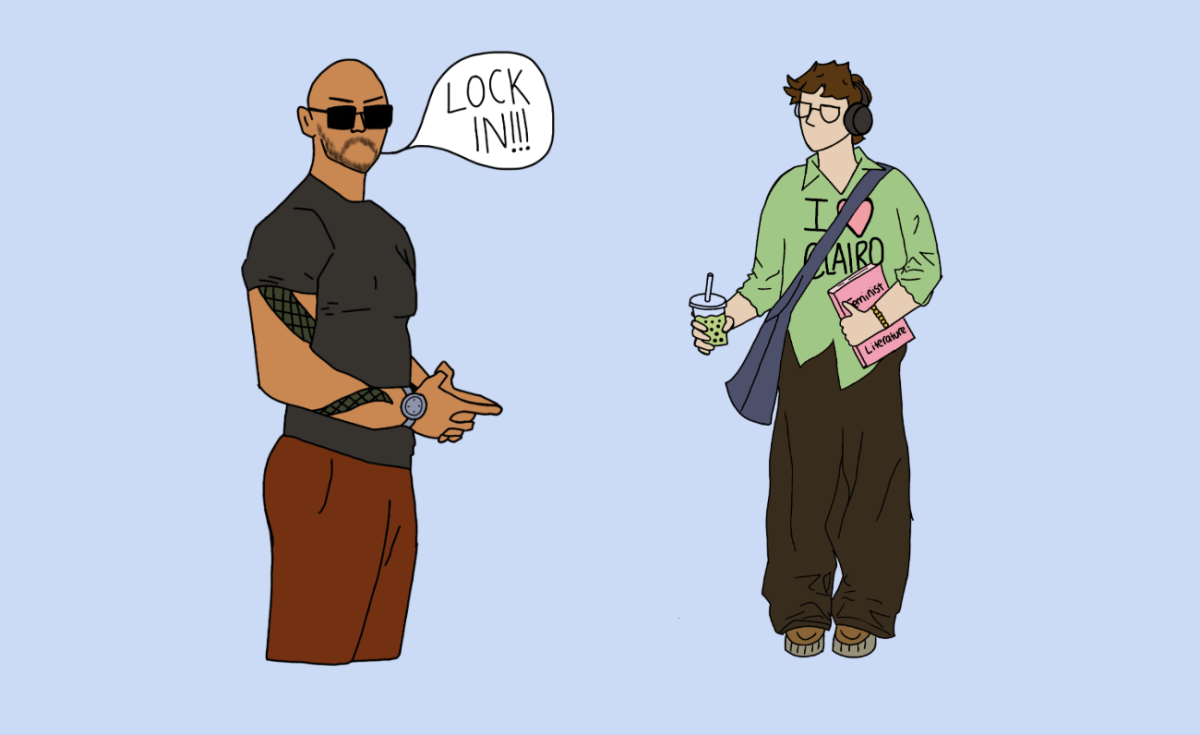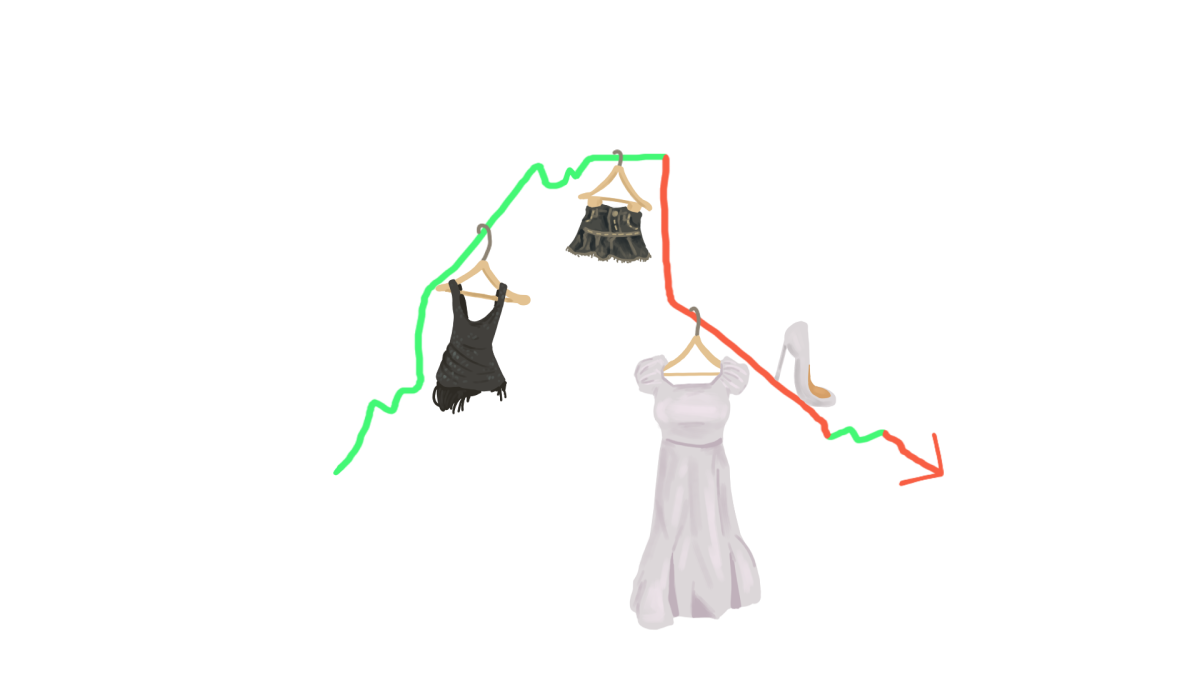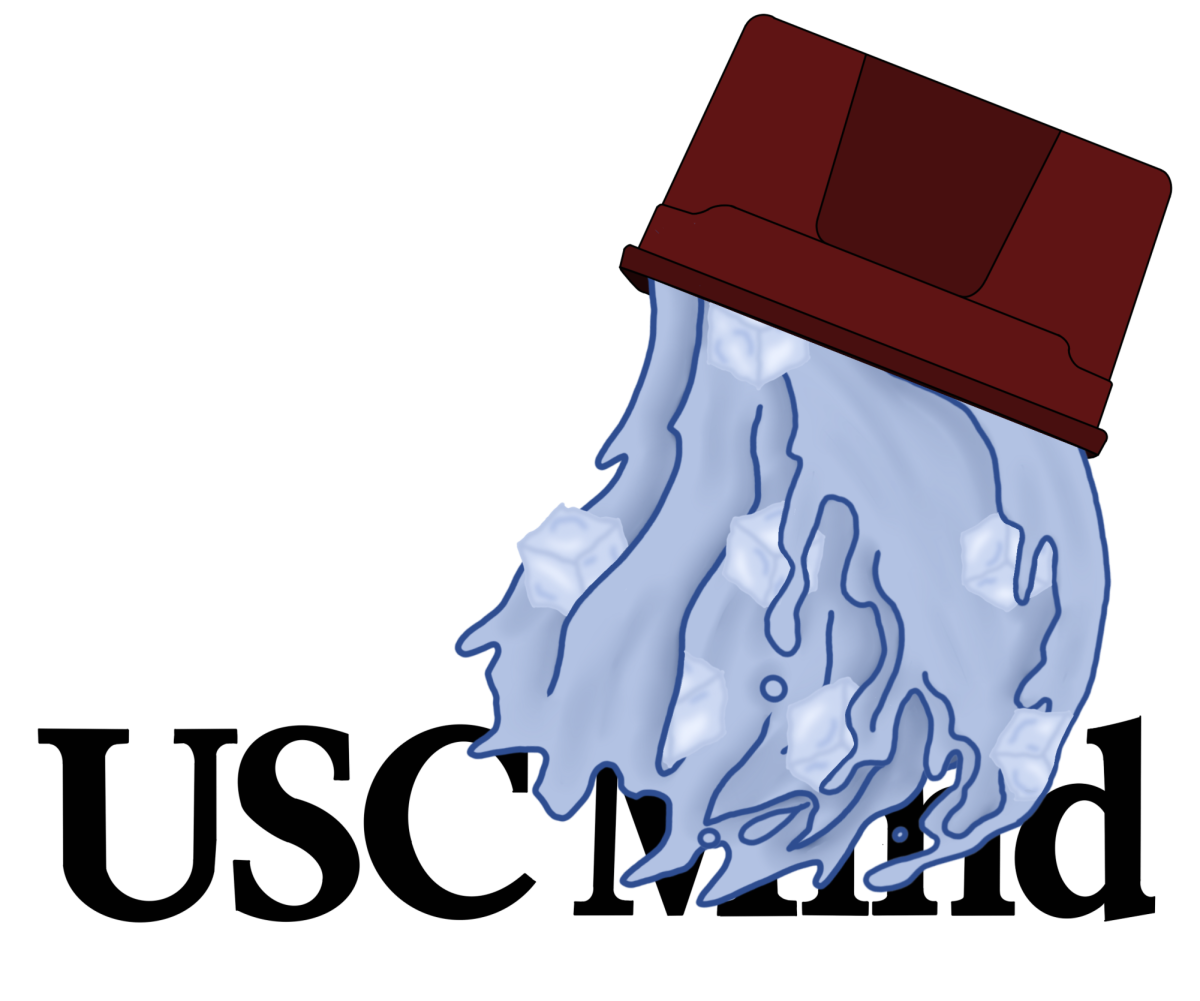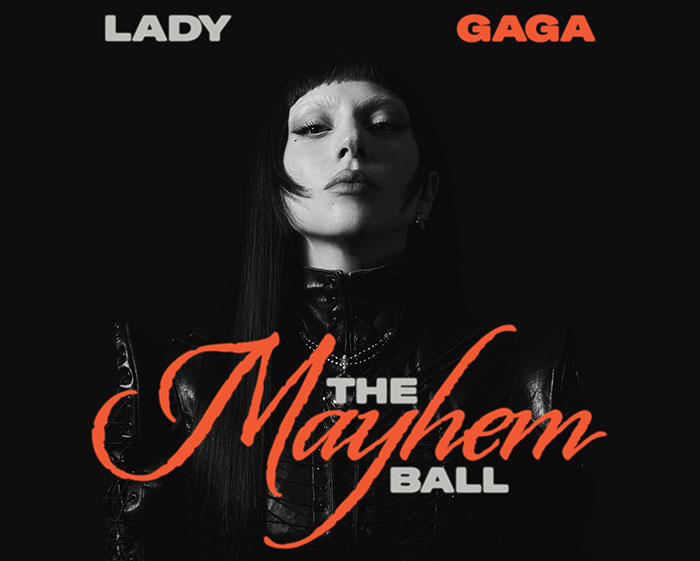If you have followed TikTok over the past year, you are likely familiar with the viral internet meme “Hawk Tuah.” The word is partly an onomatopoeia and a catchphrase coined by Haliey Welch, a woman featured in a TikTok and YouTube video by Tim & DeeTV.
The phrase has generated multiple online memes and parodies, creating a media personality of Welch. Using her fame, she made the podcast “Talk Tuah,” which was launched in September of this year, with the help of Jake Paul’s Betr company sponsorship. The podcast is currently peaking at No. 3 on Spotify’s US charts. Since her first month of fame, Welch has made over $300,000, with her current net worth being $12.5 million. One of the main reasons why “Hawk Tuah” became so popular is the rise of low-quality content.
“[Hawk Tuah]: it’s a brain rot,” FHS sophomore Daniel Ben-Tsvi said. “You see it, you hear about it everywhere.”
Brain rot is a slang term for low-quality internet content. It can also be described as a condition characterized by a lowered attention span and cognitive function due to overuse or overexposure to the internet. Many recent media pieces have been brain rot, churned out through apps like Instagram and TikTok.
“[The podcast has] about the same symptoms as the medium to late stage of brain rot,” FHS freshman Aramis Moya said.
Most of the internet considers Welch’s podcast brain rot, and many criticize her for trying to extend her popularity, which is the result of luck, not any talent of her own; some, on the contrary, humor Welch’s lazy attempt to capitalize on her popularity and trend. None can deny the amount of money Welch made.“I think that’s a smart move,” Ben-Tsvi said, “First of all, she had a chance to make a load of money, she took that chance very well, and she actually chose one of the most low-effort ways to make a load of money, which is to [host] a podcast.”






















